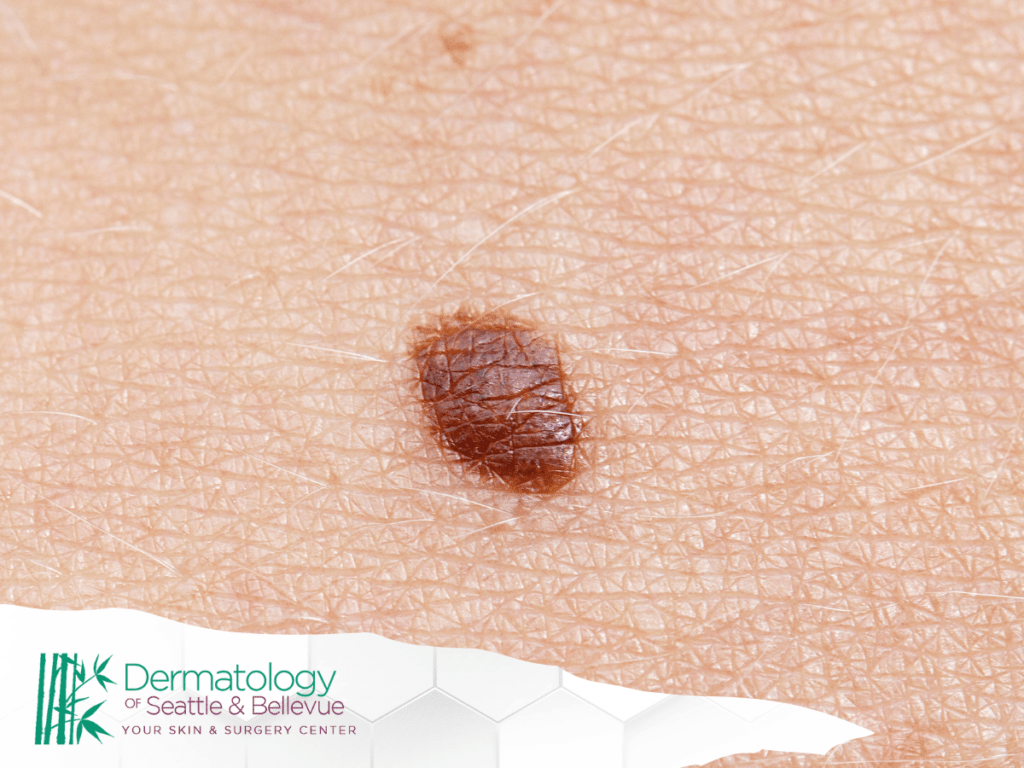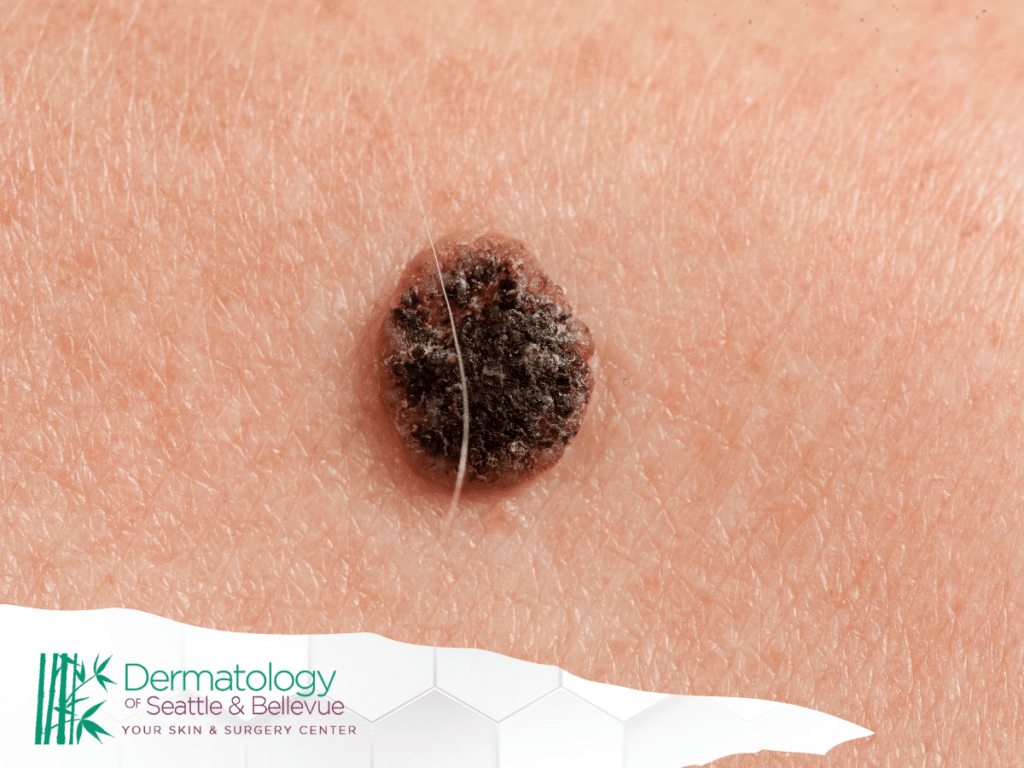How Many Radiation Treatments for Skin Cancer

Radiation therapy is a common treatment option for various types of skin cancer, including basal cell carcinoma, squamous cell carcinoma, and melanoma. The number of radiation treatments required can vary depending on the type, size, and location of the cancer, as well as the patient’s overall health. Understanding the treatment process and what to expect […]
Can You Have Skin Cancer on Your Scalp

Yes, you can have skin cancer on your scalp. The scalp is often overlooked during skin checks, but it is still vulnerable to skin cancer due to sun exposure, thinning hair, and other factors. Recognizing the signs early and seeking appropriate treatment is crucial for successful outcomes. Types of Skin Cancer Found on the Scalp […]
Can You Get Skin Cancer from Drawing on Yourself?

Drawing on skin is one of the most fun and creative activities for children, and we get so many questions from worried parents. The good news is that drawing on yourself with pens or markers is generally safe. However, understanding the potential risks and best practices can help ensure that this activity remains harmless. This […]
Healing After Mohs Surgery on Face

Recovering from Mohs surgery, especially on the face, requires understanding the procedure and knowing how to care for your surgical site effectively. This guide will help you navigate the recovery process and ensure optimal healing after your procedure. Skin Cancer Skin cancer is a prevalent disease, with basal cell carcinoma and squamous cell carcinoma being […]
Is Squamous Cell Carcinoma Hereditary?

Squamous cell carcinoma (SCC) is one of the most common types of skin cancer. It arises from squamous cells, which are flat cells found in the outer layer of the skin and other tissues. This article explores whether squamous cell carcinoma is hereditary, examining genetic factors, environmental influences, and risk factors associated with this type […]
Mohs Surgery Recovery: What to Expect and Care Tips

Mohs surgery is widely recognized as the gold standard for treating non-melanoma skin cancers, including basal cell carcinoma and squamous cell carcinoma. This procedure, known for its precision and high cure rate, involves removing cancerous tissue while preserving as much healthy tissue as possible. Understanding the recovery process is crucial for achieving the best outcomes. […]
Basal Cell Before and After Mohs Surgery

Basal cell carcinoma (BCC) is the most common type of skin cancer, often developing on sun-exposed areas like the face and neck. According to the Skin Cancer Foundation, BCC is the most frequently diagnosed form of skin cancer, and it provides extensive information on its treatment and prevention. Mohs surgery, named after Dr. Frederic Mohs, […]
Basaloid Squamous Cell Carcinoma

Basaloid squamous cell carcinoma (BSCC) is a rare and aggressive variant of squamous cell carcinoma, primarily found in the head and neck region. This article delves into the complexities, risk factors, diagnosis, and treatment options for this malignancy. What is Basaloid Squamous Cell Carcinoma? Basaloid squamous cell carcinoma is a subtype of squamous cell carcinoma […]
Sun Spot vs Melanoma

Regarding skin health, distinguishing between sun spots and melanoma is crucial. Both can show up as dark spots on your skin, but their implications are vastly different. This article will break down the differences, risk factors, and the importance of catching them early. Understanding Sun Spots Sun spots, also called liver spots or age spots, […]
How Fast Does Squamous Cell Carcinoma Grow

Squamous cell carcinoma (SCC) is a common type of skin cancer that arises from the epidermis’s outermost layer, the squamous cells. One critical aspect of managing SCC is understanding its growth rate, which can impact treatment decisions and prognosis. In this article, we’ll delve into the factors influencing the growth rate of SCC, its implications […]
